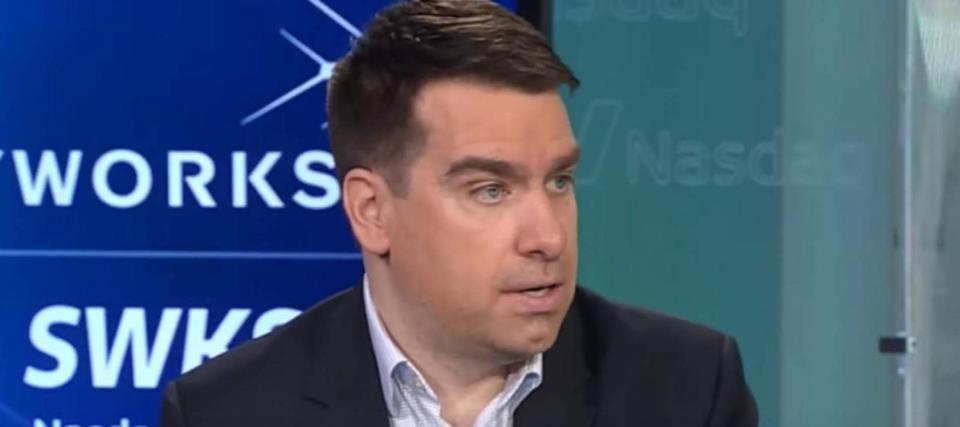JPMorgan sees the S&P 500 spiking to 4,800 by the end of 2022 — here is the $100B catalyst that it believes in for the next 2-3 months

After a disappointing start to 2022, stocks have shown resilience in the second half.
Since the end of June, the S&P 500 has surged nearly 10%. And according to JPMorgan, there’s still more upside ahead.
The Wall Street gorilla recently reiterated its year-end price target of 4,800 for the S&P 500. With the benchmark index currently sitting at roughly 4,100, JPMorgan’s target implies a potential upside of 16%.
The firm notes how lower market volatility can lead to inflows from systematic investors.
“Alongside corporate buybacks, these strategies can provide steady inflows of several billion per day in equities for the next 2-3 months,” writes Marko Kolanovic, chief global markets strategist at JPMorgan, in a note to investors. “Trend following strategies that were largely short equities this year are covering shorts.”
Let’s take a closer look at this call — and where the market guru sees opportunities.
Don’t miss
The $100 billion catalyst
Technical indicators could play a critical role in the potential turnaround.
Kolanovic points out that the S&P 500 “is on the cusp of breaking important momentum signals” such as the 200-day moving average.
On stock charts, the 200-day moving average is shown as a line. Traders can use this line to determine whether the trend is up or down and identify potential support or resistance areas.
The S&P 500 has largely traded below its 200-day moving average in recent months. Kolanovic suggests that if the index can break above this 200-day moving average, it could lead to inflows “on the order of ~$100 billion.”
We may have to wait a bit for that to happen. The S&P 500 fell about 1.2% over the past week.
Will the Fed pivot?
To tame spiking inflation, the Fed is raising interest rates aggressively, and that has cast a giant shadow over the stock market.
But Kolanovic doesn’t believe the central bank’s hawkish stance would persist.
“[W]e are again out of consensus and maintain that inflation will resolve on its own as distortions fade and that the Fed has overreacted with 75 bps hike,” he writes. “This Fed ‘overreaction’ and subsequent but largely unrelated decline in inflation will probably result in a Fed pivot, which is positive for cyclical assets.”
Opportunities ahead
While JPMorgan has a bullish price target for the S&P 500, it does not suggest simply buying the benchmark index as a whole.
Kolanovic also cautions not to chase large-cap tech stocks or recession-proof stocks that are already “trading near all-time highs.”
The opportunities he sees are valuation-based.
“There are market segments such as energy trading at mid-single digit P/Es (below recession multiples), and even some broad markets such as the S&P 600 small cap index trading at recession level multiples,” he writes.
Investors can use ETFs to get exposure to these segments. For instance, the Energy Select Sector SPDR Fund (XLE) provides investors with convenient access to the energy sector of the S&P 500. Meanwhile, investors can use funds like the Vanguard S&P Small-Cap 600 ETF (VIOO) and the SPDR Portfolio S&P 600 Small Cap ETF (SPSM) to track the small-cap index.
What to read next
This article provides information only and should not be construed as advice. It is provided without warranty of any kind.




